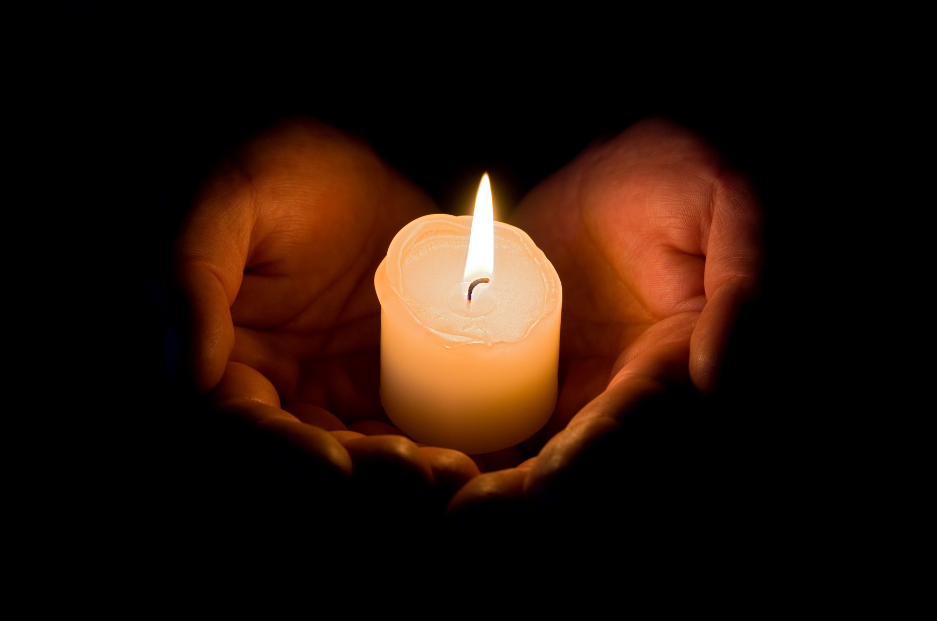Coping with the Trauma of School Shootings: Insights for Students and Families
Written by: Ryan Glassband, LMSW Clinical Review by: Jenny Ryan, LCSW-C
In the wake of the recent tragic school shooting at Apalachee High School in Georgia, communities across the country are once again caught in a wave of grief, anger, and confusion. Amidst this turmoil, students and their families find themselves navigating a tumultuous landscape of emotions and questions. Understanding and managing these feelings with appropriate insights and support is crucial in navigating the path toward
healing.
The Psychological Impact
School shootings can leave students and individuals in the community feeling vulnerable, fearful, and insecure. Such events shatter the perception of school as a safe space, leading to a range of emotional responses including shock, disbelief, sadness, anger, and even guilt or shame. For families, the primary concern often revolves around ensuring the emotional and physical safety of their loved ones. This concern is valid and addressing it is crucial for recovery.
Understanding Traumatic Stress
Experiencing or even just hearing about a traumatic event like a school shooting can trigger acute stress responses. Symptoms can include nightmares, flashbacks, severe anxiety, as well as uncontrollable thoughts about the event. Affected individuals and their families should know that these reactions, while distressing, are normal and there are ways to alleviate the pain.
Strategies for Coping
Open Communication
- Foster an environment for open discussion of feelings and fears without
judgment. - Reassure teens it’s normal to have strong emotions and encourage expressing
themselves. - Offer alternative forms of expression for students who struggle with verbal
communication, such as drawing or writing. - Recognize that each person processes trauma differently and at their own pace.
Establish Routine
- Create a sense of normalcy and security by maintaining daily routines.
- Stick to regular activities as much as possible for comfort.
- Remain flexible and understanding if someone is struggling with certain routines.
Limit Media Exposure
- Be aware of the impact of repeated media exposure like “Doom Scrolling”. Too much negative news can increase stress levels.
- Set boundaries on when to consume news and social media, like during meals or
before bedtime. - Introduce positive content to balance out negative media consumption.
Seek Professional Help
- Don’t hesitate to seek professional psychological help if the emotional burden is
too heavy. - Use counseling services and therapeutic interventions to help manage and cope
with the trauma. - Take advantage of resources like school-provided counseling, which may include
group sessions for peer support.
Moving Forward
The journey towards healing from the trauma endured during a school shooting is deeply personal and also shared among those affected. Recovery unfolds over time, and it’s crucial to acknowledge that there is no prescribed or correct manner to process grief. It is essential for students and their families to practice patience and compassion with themselves and one another as they tread the challenging path towards healing.
In these trying times, we’re reminded of the power of community, of shared sorrow and shared strength. To the students and families who find themselves in the aftermath of tragedy, know that you don’t walk this path alone. Across this nation, hearts reach out, hands extend, ready to hold and heal together. Our journey through the shadows may be filled with challenges, but side by side, step by step, we move towards the light of hope, understanding, and renewal.
Remember, channeling your energies towards healing and connecting with supportive networks is critical during these times. If you or someone you know is struggling, be sure to reach out for professional assistance. At Backpack Healthcare, our trained therapists are ready to offer their support. We have appointments available now: Backpack Healthcare. Schedule your session today and embark on the path to a
healthier, more resilient family life. You are not alone in this.

